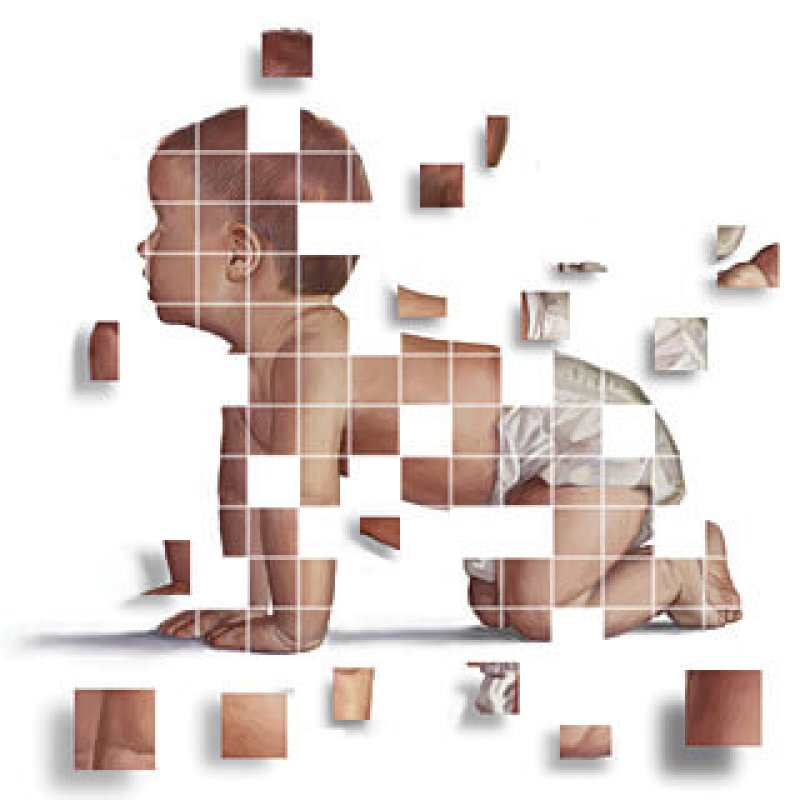“I think that being healthy, productive, [and having a] good quality of life is where I would draw the line,” said one focus group participant[.]
…
Among survey participants, people who were highly religious tended to more often view these technologies with suspicion[.]
Others were scared about the potential for discrimination towards those unable to access these miraculous marvels[.]
…
Despite these concerns, though, the majority of Americans — 67 percent — viewed science as a net positive for society, especially when it came to health and medicine.
The GLP aggregated and excerpted this blog/article to reflect the diversity of news, opinion and analysis. Read full, original post: Human Enhancement Freaks People Out, Study Finds; Designer Babies Might ‘Meddle With Nature’































